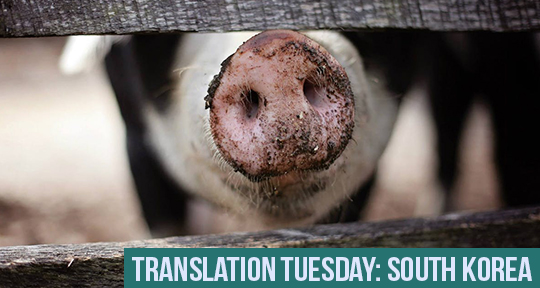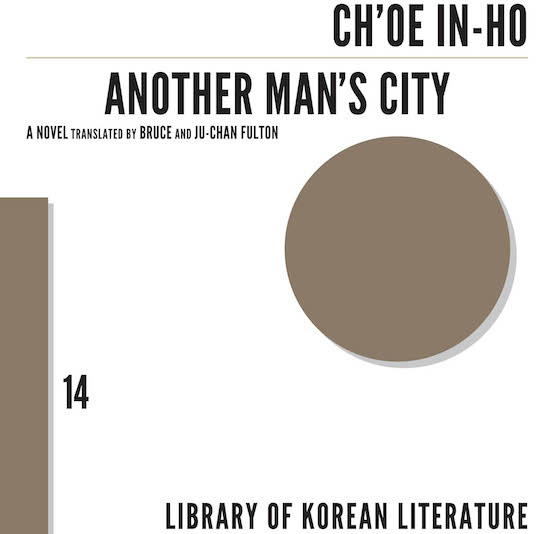For this week’s Translation Tuesday, we present a selection of poems by Shin Kyeong-nim, translated from the Korean by Shane Ingan. In “For fallen things,” the speaker reflects on a life spent with the downtrodden, where “the shattered of dreams of fallen things” remain unredeemed. Accepting the bleakness of such a life brings a contentment that grand narratives could never give them. Meanwhile, “Lucky dream” follows a pig farmer who dreams of living as a pig herself. Though her porcine lifestyle would allow her new freedoms, she’s overwhelmed by the reality of the random violence that all dehumanized beings are vulnerable to. Both poems are suffused with quiet dignity as well as an acerbic undertone, which naturally intermingle among meditations on power, fate, and the unseen costs of collective indifference.
For fallen things
Somehow or other, I made my home in the shadows.
I did not take the side of the victorious wrestler,
But stood instead with the defeated, my fist in the air.
I skipped that rally where the multitudes gathered,
And listened instead to the man in the tattered suit
Surrounded by outcasts and orphans.
And so I have always been a bit melancholy, a bit mournful,
But I never thought of myself as unfortunate.
All that time I was happy.
It was the way people lived.
Never once did I believe that the shattered dreams of fallen things
Would be pieced back together by some benevolent hand.



